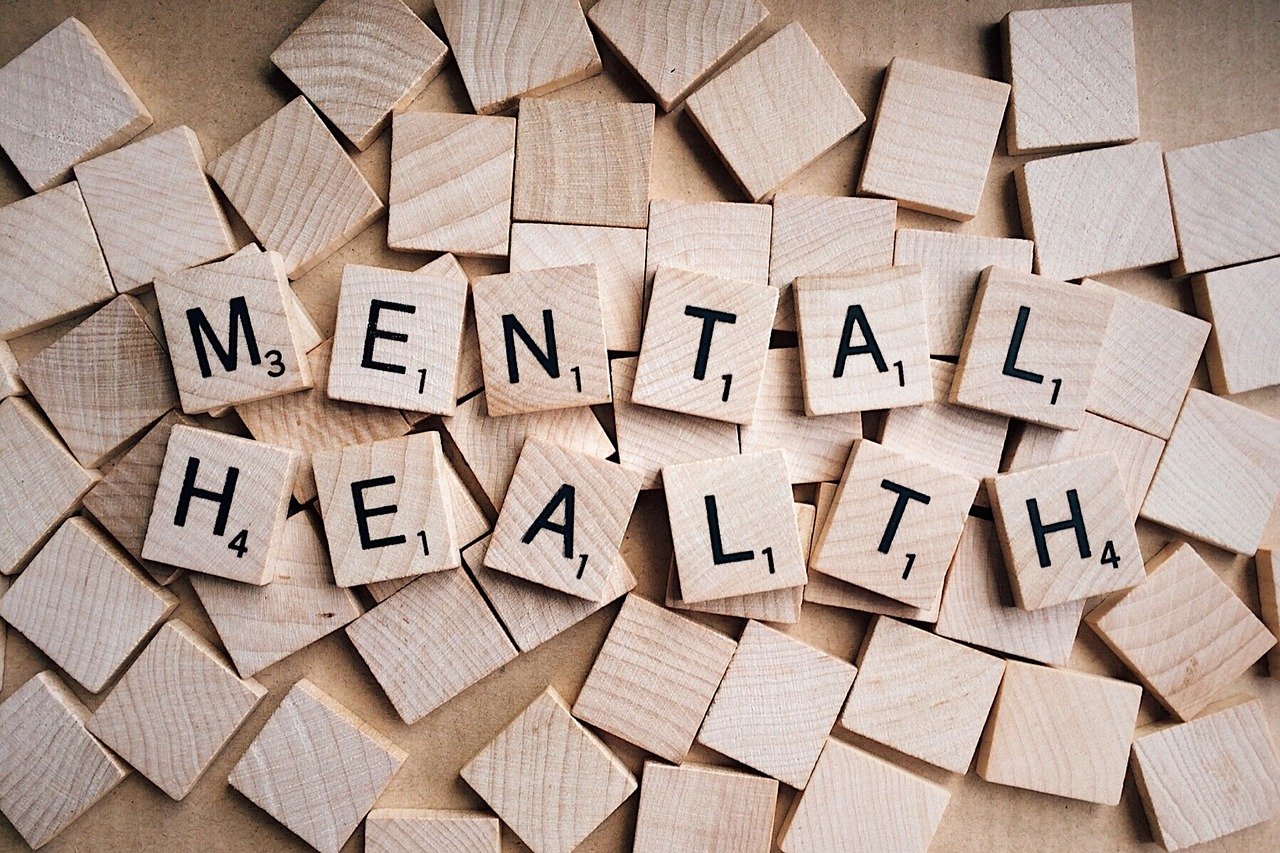
Bipolar disorder symptoms can overlap with other similar mental conditions. This led to common misdiagnosis that were quickly corrected. With close to 50% of people being misdiagnosed as bipolar, it has become even more important to get the facts correct.
1. Major Depression
Some people started out their Bipolar Disorder Treatments without realizing they had major depression. Some of this can be blamed on individuals self-diagnosing their own mental health. This leads to home remedies and lifehacks for mental illnesses that are unfit for the job. The other side of misdiagnosis is when a patient withholds important information about their condition.
This is more common than it should be and happens due to a multitude of reasons. Sometimes it is embarrassment, other times it is the person not realizing they need to divulge important information. Either way, when a misdiagnosis happens, the treatment will eventually fail to control your symptoms.
It should be noted that major depression is a common theme in today’s overworked post-COVID world. Depressive episodes build up as social people find it harder to connect like they used to. And individuals who were already antisocial began to feel even more isolated from the world.
As a result, there is a persistent feeling of lethargy, sadness, and a loss of interest in everything. When the changes in appetite and weight come along, it can seem like a serious case of bipolar disorder. Since a depressive episode is usually the precursor to bipolar disorder, it can easily be confused with major depression.
2. Generalized Anxiety Disorder
Just like depression, anxiety has become common among a lot of people. GAD will fill you with restlessness, irritation, agitation, and an overwhelming sense of anxiety. You’ll also have difficulty sleeping even when it is clear that you’re tired. When you can’t get good sleep, it builds up and makes your mood unstable.
This bit of irregularity is why bipolar disorder can be confused with GAD. Your mental health takes a decline when restful sleep becomes a thing of the past. No matter how mentally or physically healthy you become, lack of sleep will always throw your body into hysterics.
3. Schizophrenia
When you get deep into bipolar disorder, a manic episode may occur. During this episode, you will experience the same type of psychosis as a schizophrenic. There are a lot of myths about schizophrenia, and many of them have led to a harmful reputation for the condition. The irrationality of the person going through a manic episode is a scary sight if it includes hallucinations.
In a situation where that person is alone, it can lead to catastrophic consequences. Schizophrenia and bipolar disorder require completely different treatment approaches. If you’re not a professional, don’t make the mistake of classifying every manic episode as a bipolar breakdown.
Getting It Right
Mental illness isn’t something that you take lucky guesses with. Seeing a professional for a real diagnosis should always be the top priority. Once you understand the cause, treatment will be a lot more fulfilling.
Disclaimer: This blog provides general information and discussions about health and related subjects. The information and other content provided in this blog, or in any linked materials, are not intended and should not be construed as medical advice. If you or any other person has a medical concern, you should consult with your healthcare provider or seek other professional medical treatment.







